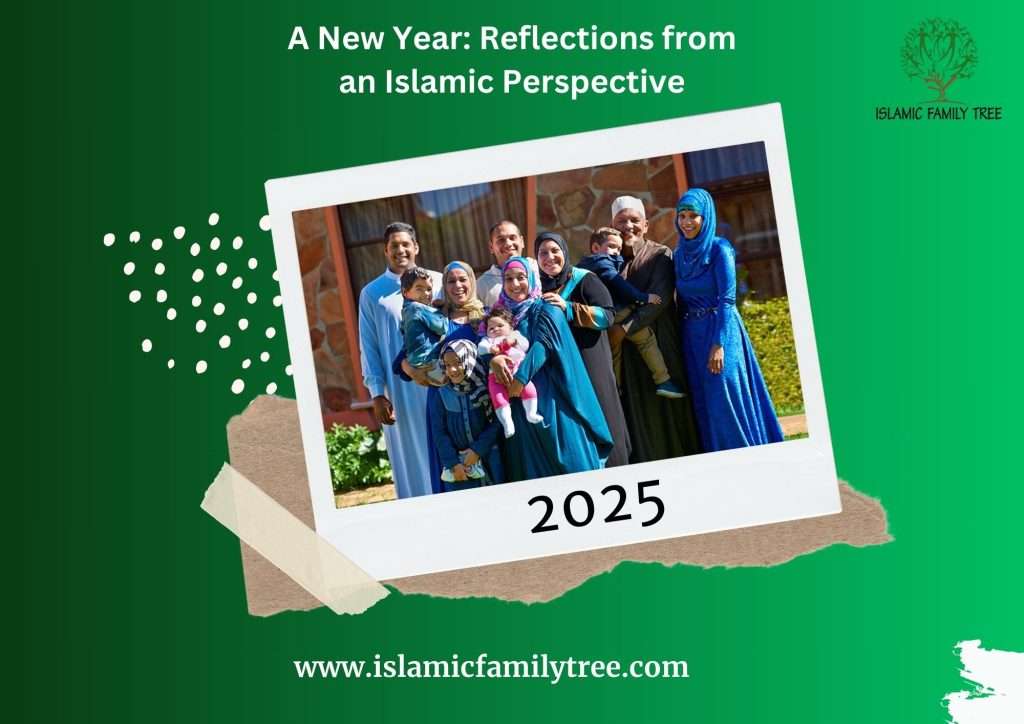
As the Gregorian calendar heralds the beginning of a new year, people across the globe welcome it by setting resolutions, reflecting on the past, and anticipating the future. The Islamic New Year, or Hijri New Year, is based on the lunar calendar and has its own significance, but the concept of renewal and self-accountability is deeply rooted in Islamic teachings and transcends the constraints of specific dates.
Islamic Calendar: A General Overview
The Islamic calendar is also referred to as the Hijri calendar, which starts in the month of Muharram with the Hijrah of Prophet Muhammad (peace be upon him) from Makkah to Madinah. This event of Hijrah symbolizes a pivotal moment in the history of Islam in which faith has triumphed over oppression and founded a prosperous and inclusive community.
The Hijri calendar, however, is a lunar-based system. The beginning of each month takes place at the sighting of the crescent moon, focusing more on the rhythms of nature and the universe than on the man-made cycles.
Contemplating Time in Islam
In Islam, time is considered an Amanah – a divine trust bestowed upon humanity. Again and again, the Qur’an warns us of this transitory world and advises us to spend our time effectively:
“By time, indeed mankind is in loss, except for those who have believed and done righteous deeds and advised each other to truth and advised each other to patience.” Surah Al-Asr, 103:1-3
This verse emphasizes the importance of every moment to believers and asks them to lead lives as believers where righteous deeds and mutual support are encouraged.
Renewal and Self-Accountability
As the new year begins, whether it aligns with the Gregorian or Hijri calendar, Muslims are encouraged to reflect on their past actions, seek forgiveness, and set intentions for improvement. The Prophet Muhammad (peace be upon him) said:
“The wise person is the one who calls himself to account and refrains from doing evil deeds and works for what is to come after death.” (Tirmidhi)
This self-accountability resonates so well with the concept of Muhasaba, or self-reflection, calling out upon us to introspect and make meaningful changes.
Practical Steps for Starting the Year Anew
Strengthen Your Relationship with Allah (SWT): Increase acts of worship such as prayer, Qur’an recitation, and Dhikr. Start the year with thankfulness for Allah’s bounties and ask for His help.
Setting spiritual goals for example, trying to understand more of Islam, or memorize the Qur’an better, or adding more good voluntary acts.
Concentration on Good Deeds: Commit in New Year’s: Kindness charity, serving and so forth, remember that prophet said
“The best of people are those who are most beneficial to others.” (Darimi)
Seek Forgiveness and Forgive Others: Cleanse your heart by forgiving those who have wronged you and seeking forgiveness from Allah (SWT) and those you may have hurt.
Improve Time Management: Organize your daily routines to balance spiritual, personal, and professional commitments effectively.
Conclusion
In the eyes of Islam, the advent of a new Gregorian or Hijri year is more than a simple celebration. It is a fresh opportunity to recommit to one’s faith, reflect on what has been done, and look forward to doing better for Allah (SWT) and His creation. It is always an opportunity to change for the better, because Allah’s mercy is unlimited, and His doors of forgiveness are ever open.
Let’s embrace this New Year with open hearts full of gratitude, concentrated minds focused on righteous intentions, and eager hands ready to do good. Allahu Alem. May He guide us into a year overflowing with blessings and success, closing the gap of His nearness to us all.


